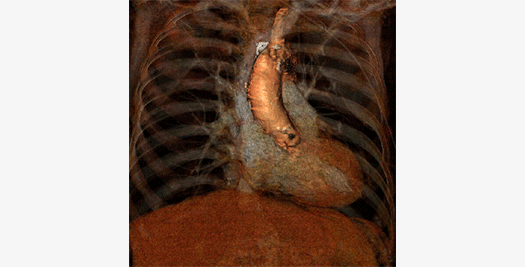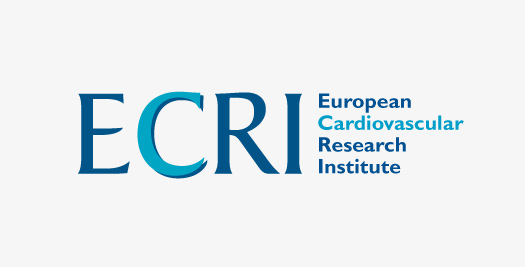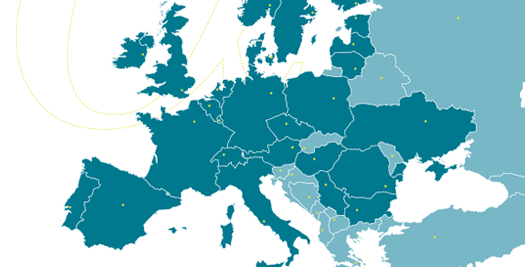News
Cardialysis legacy is shared in the three largest languages in the world
Rotterdam, 19 January 2024
In a publication of the Interventional Cardiology Journal of the Spanish Society of Cardiology and a co-publication in the Chinese Journal of Cardiology, Dr. Ernest Spitzer, Cardialysis CEO presents the 40 years of history in contributing to the field of research and innovation in cardiovascular disease. This publication is now available in English, Spanish, and Chinese reaching out to 2 billion readers.
In Chinese: https://rs.yiigle.com/cmaid/1489445
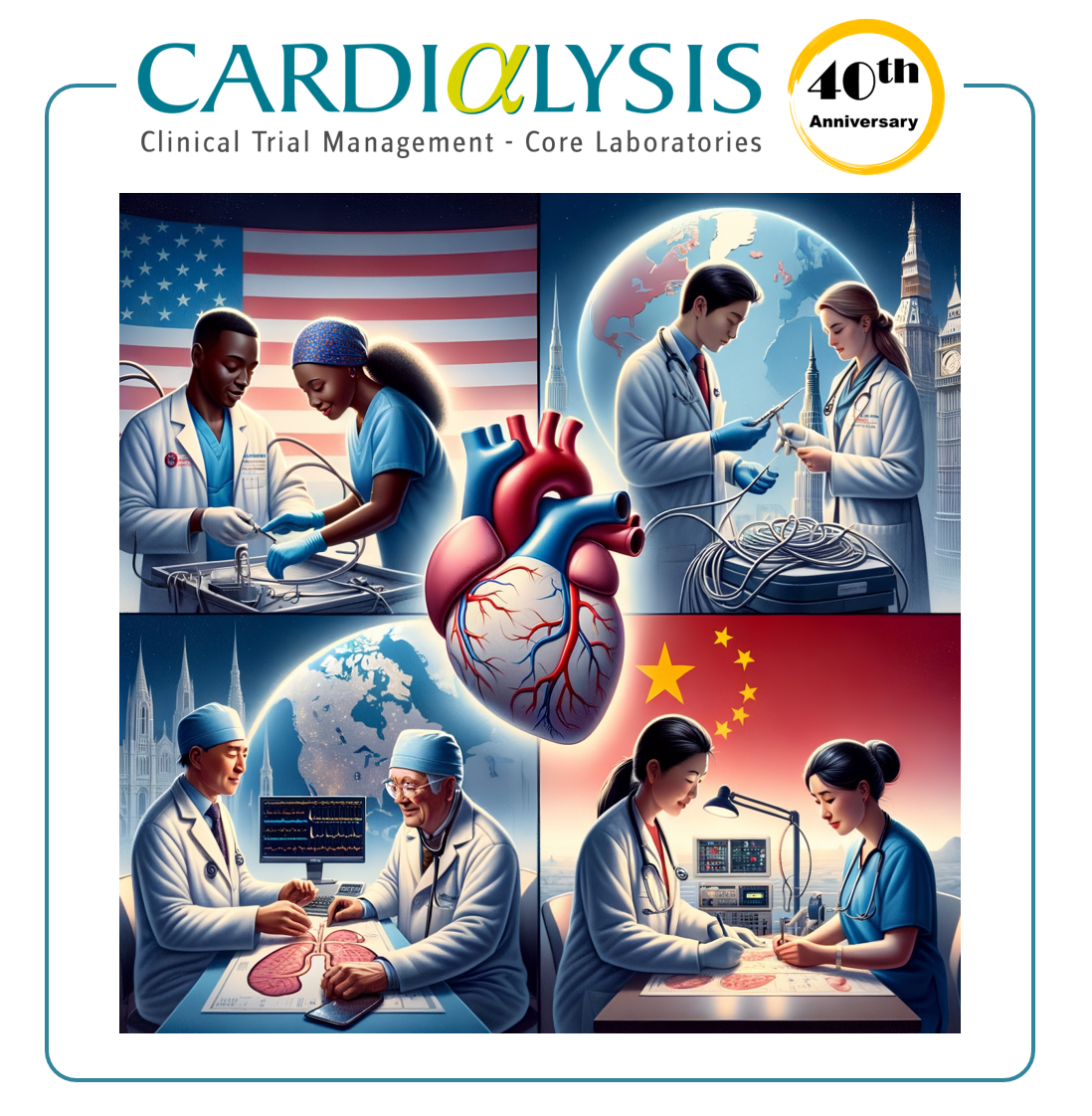
Cardialysis was established 40+ years ago to facilitate the execution of multi-center clinical trials and to provide central readings for cardiac images and tracings obtained at the hospitals. Leadership and scientific passion of its multiple contributors overtime have led this Dutch organization into becoming a pioneer in notable areas of clinical research through its history.
Due to its innate affinity to interventional cardiology, Cardialysis has been involved with the early phase of the paradigm shifts in treatment of coronary artery disease. From the very first randomized trial comparing coronary stents versus angioplasty with balloon, to the introduction of drug-eluting stents, the hype and decline of bioresorbable scaffolds (now coming back strongly), and the current era of amazingly effective and safe coronary stents.
Being one of the first independent Core Laboratories, Cardialysis scientific leaders have contributed to the development of the imaging techniques that are currently part of everyday patient management, such as quantitative coronary angiography and intracoronary imaging analysis methodologies. The well-known SYNTAX score was co-developed at Cardialysis through an open and international collaboration and is currently part of clinical practice guidelines world-wide (www.syntaxscore.org).
In the past 2 decades, the exponential increase in interventional techniques to treat structural heart diseases allowed Cardialysis involvement in the early phases of balloon-expandable, self-expanding, and mechanically-expanded transcatheter heart valves, transcatheter therapies for tricuspid valve disease; and ongoing innovation in the field of mitral valve disease. Cardialysis has become one of the most established Echo Core Laboratories world-wide with a track record of over 40.000 centrally analyzed echocardiograms acquired in North America, Europe, and China.
Together with leading cardiovascular research organizations and the advisory role of the Food and Drug Administration, Cardialysis leadership has been involved in the development of standardized definitions for clinical trials which have brought to fruition some of the most cited scientific articles in the field of endpoint adjudication. As a founding member of the Academic Research Consortium (www.academicresarchconsortium.org), Cardialysis joins forces with experts who by means of a consensus documents set-up up-to-date methods for assessing, reporting, and interpreting study outcomes published in top-tier journals. Cardialysis also pioneered in the on-line adjudication platform (WebCEC), first-of-a-kind, currently at its most updated version.
12 years ago, Cardialysis leadership and an academic network of physician-scientists established the European Cardiovascular Research Institute (ECRI, www.ecri-trials.com), an academic research organization that creates a platform for shared leadership and high dedication, of leading experts in Europe and more recently, from North America and China. Till now ERCI has contributed in several landmark investigations together with academic and clinical leaders, top-level participating sites, clinical research professionals, research service providers, and multidisciplinary teams. ECRI has been recognized as the “Best Cardiology Research Organization of the Year 2023 by the Global Excellence Awards”.(https://www.linkedin.com/feed/update/urn:li:activity:7153396335000395776).
In May 2023, Cardialysis co-founded the EU-MDR Cardiovascular Collaboratory, joining forces with experts in clinical research to identify challenges in the field and propose solutions by means of open-end consensus documents. The first publication of the group is now accepted and will be published in English and Spanish, at the Interventional Cardiology Journal of the Spanish Society of Cardiology in February 2024.
“Our keyword is collaborative leadership because Cardialysis would not have achieved so much without the dedication of its employees, its network of clinical research professionals, academic leaders and centers, industry partners and clients, regulatory partners, and over 200,000 voluntary study participants. Creating awareness of the impact of clinical research on our daily lives is now more important than ever. The field calls for more leadership, passion, and funding pathways, to accelerate innovation, because innovation is our strongest tool to fight cardiovascular disease. Let’s continue doing this together!”
– Ernest Spitzer, CEO & Medical Director
#teamworkmakesthedreamwork #makeithappen #collaborativeresearch #joinustoday
# - # - #
Cardialysis Becomes Independent from Erasmus University Medical Center
Rotterdam, 20 April 2023
Cardialysis, the 40-year old internationally renowned cardiovascular research organization, based in Rotterdam, The Netherlands, has reached an agreement to pursue the transfer of its ownership to a Dutch private equity firm and other private investors, establishing independence from the Thoraxcenter, Erasmus University Medical Center.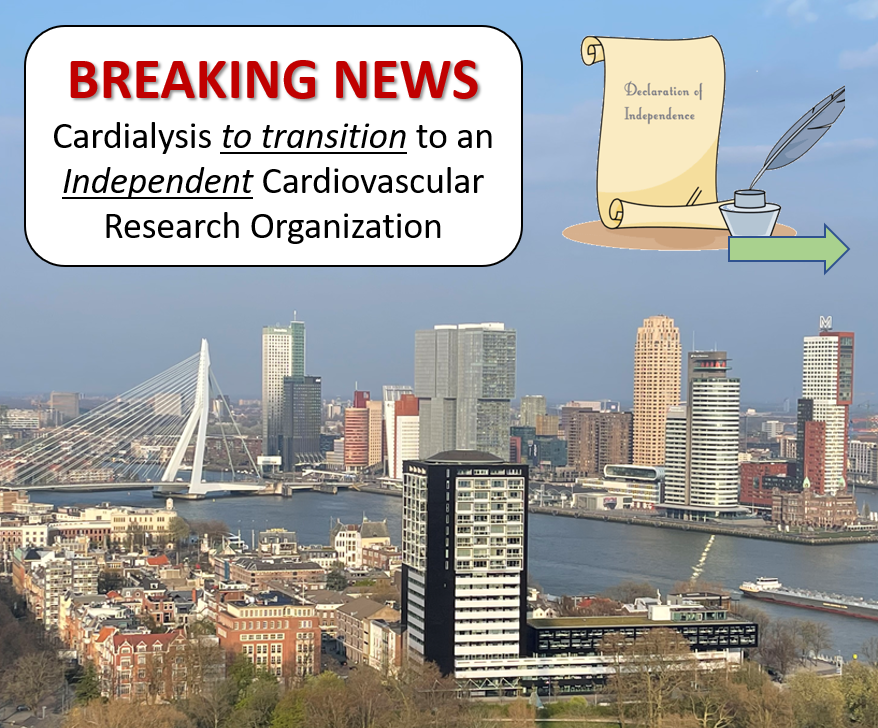
Cardialysis is a prominent European cardiovascular research organization that helped pioneer the field 40 years ago. It is defined as an academic research organization (ARO) with contract research organization (CRO) capabilities. Cardialysis has contributed to enhance medical therapies globally, in both pharmacological and device interventions, and has successfully executed over 400 clinical investigations. It proudly fosters collaborations with investigators, regulatory authorities, public organizations, academic institutions, and industry partners, in the execution of clinical trials, from early phase of clinical development up to phase IV or post-marketing trials.
The group serves clients from all over the world, including partners across Europe, United States, Canada, China, Japan, Korea, New Zealand, and other countries. Trial management and core laboratory activities are performed in strict accordance with applicable regulations, including Good Clinical Practice (GCP), ISO standards, the European Medical Device Regulation (EU MDR), among others. Cardialysis undergoes rigorous audits from globally renowned organizations on a regular basis that ensure its compliance with regulatory regimes across regions, including the FDA (United States), PMDA (Japan), CFDA (China), and EMA (EU).
With the dynamic regulatory environment in The Netherlands, the owners of Cardialysis, a cooperative of cardiologists from Erasmus University Medical Center, have reached an agreement to transfer the ownership to a Dutch private equity firm founded by Dr. Ernest Spitzer, who currently serves as Chief Medical Officer at Cardialysis, and other private investors, which include dabl Limited, an Irish based Clinical Trials Solutions Company.
Independence has been a key concern in clinical trials, with the set-up of independent committees and independent core laboratories. Furthermore, although the increased regulatory and administrative requirements at Dutch hospitals aim to increase transparency and manage potential conflicts of interest with cardiologists working in the hospital setting and conducting industry-funded research, this newfound autonomy at Cardialysis preserves the overarching mission to drive innovation, research, education, and efficiency, which ultimately benefit healthcare stakeholders around the world and most importantly, underserved patients in need of improved therapies. Academic cooperation, educational activities, and academic ventures with Dutch and international academic and clinical centers will remain a fundamental pillar for Cardialysis.
The independence of Cardialysis has been a long-term objective of the original owners and this exciting transition to become an independent group opens the doors for additional collaborations, nationally, regionally, and globally, enables the organization to achieve greater scale, and sets a new standard for clinical research organizations worldwide.
--- O ---


